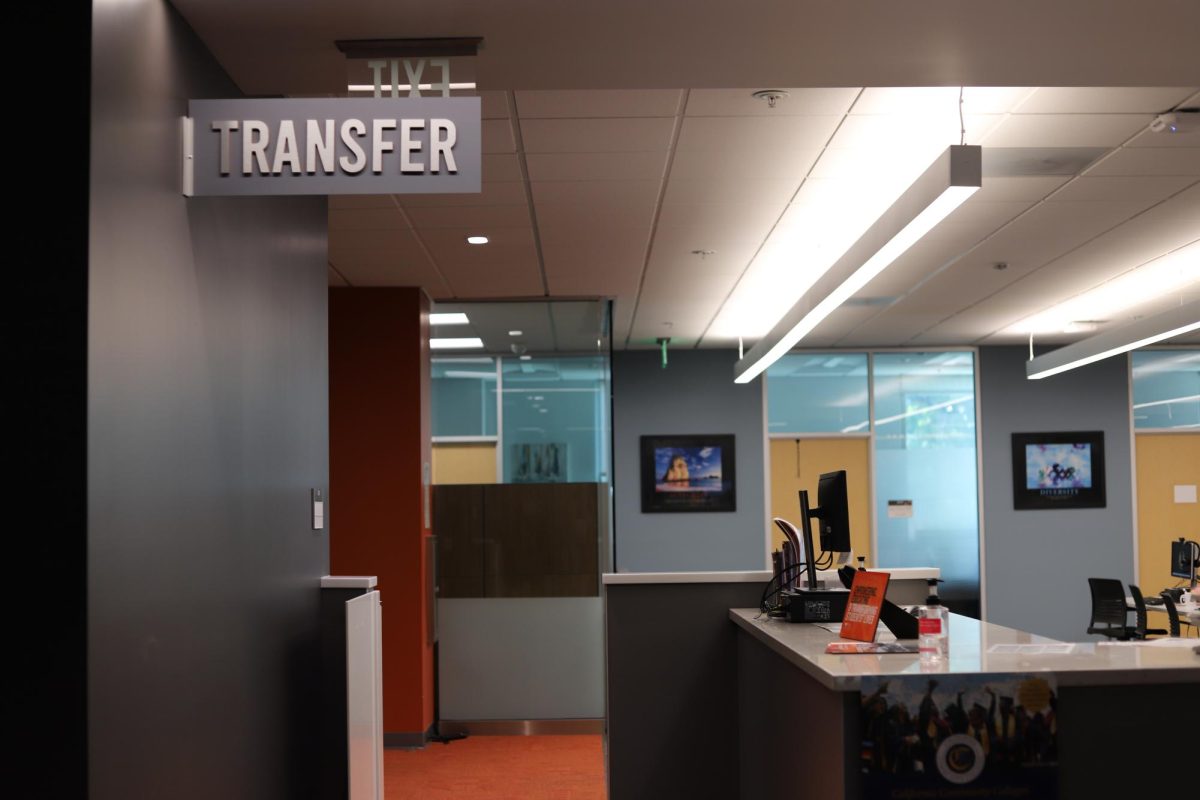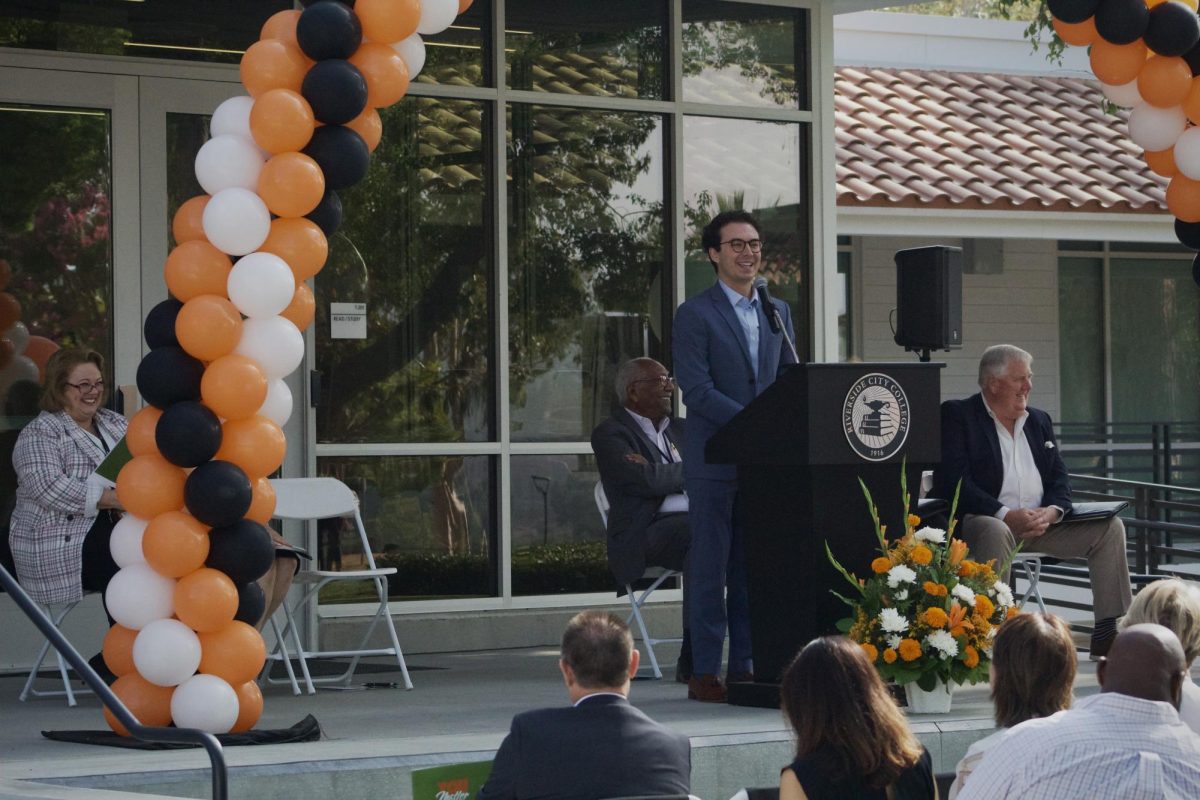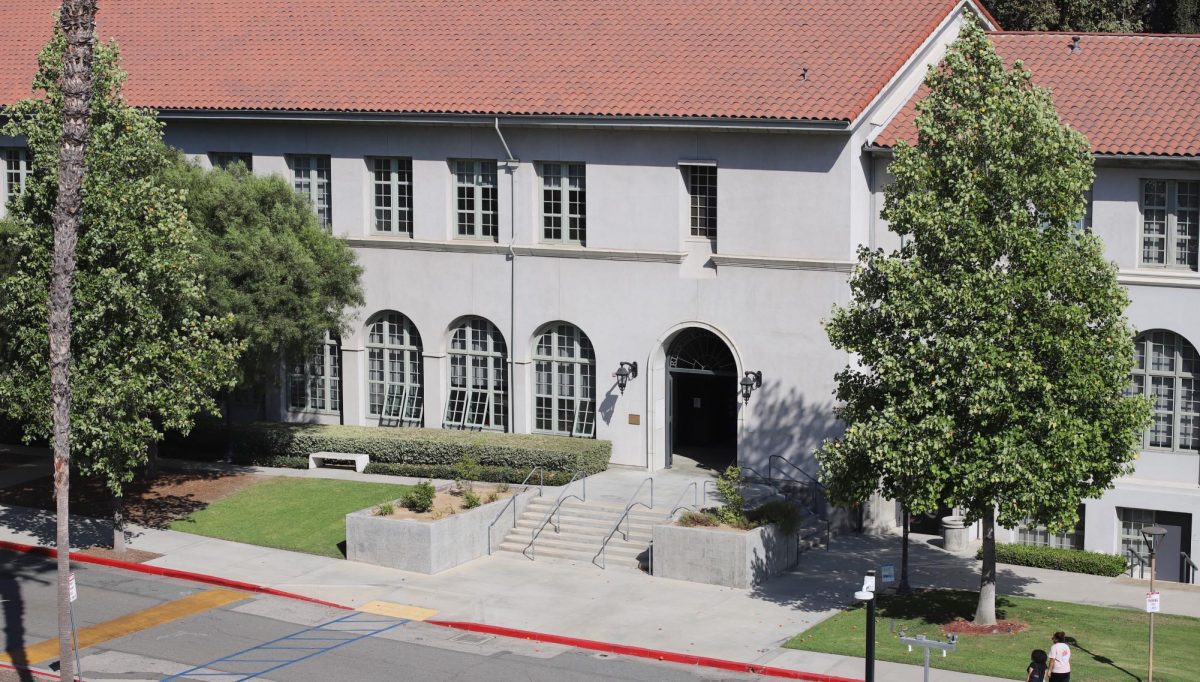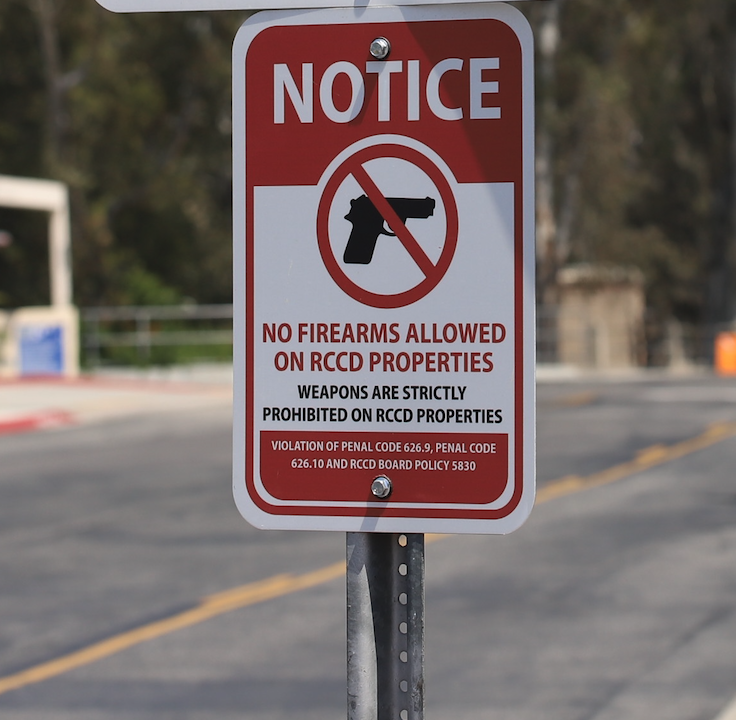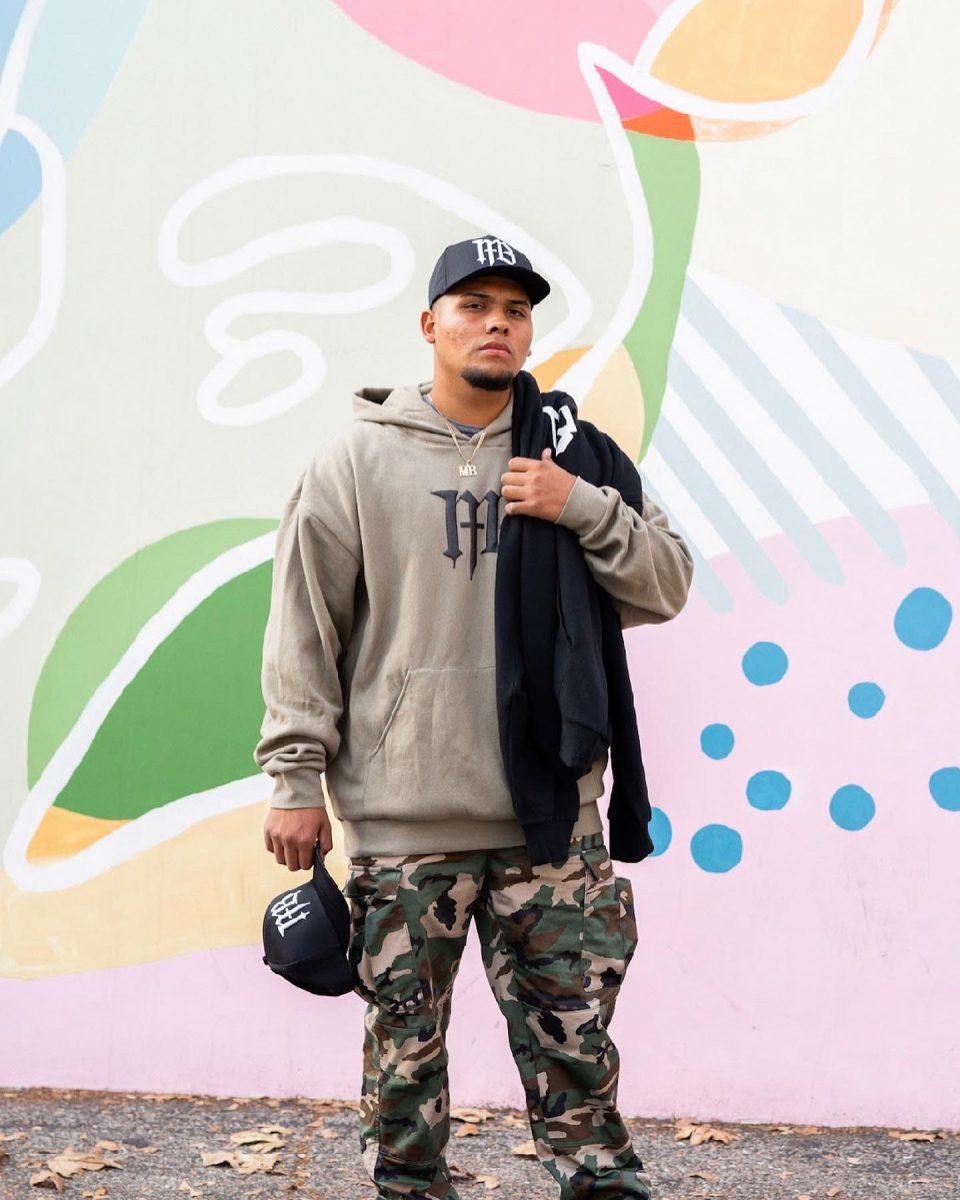By Kimberly Martinez
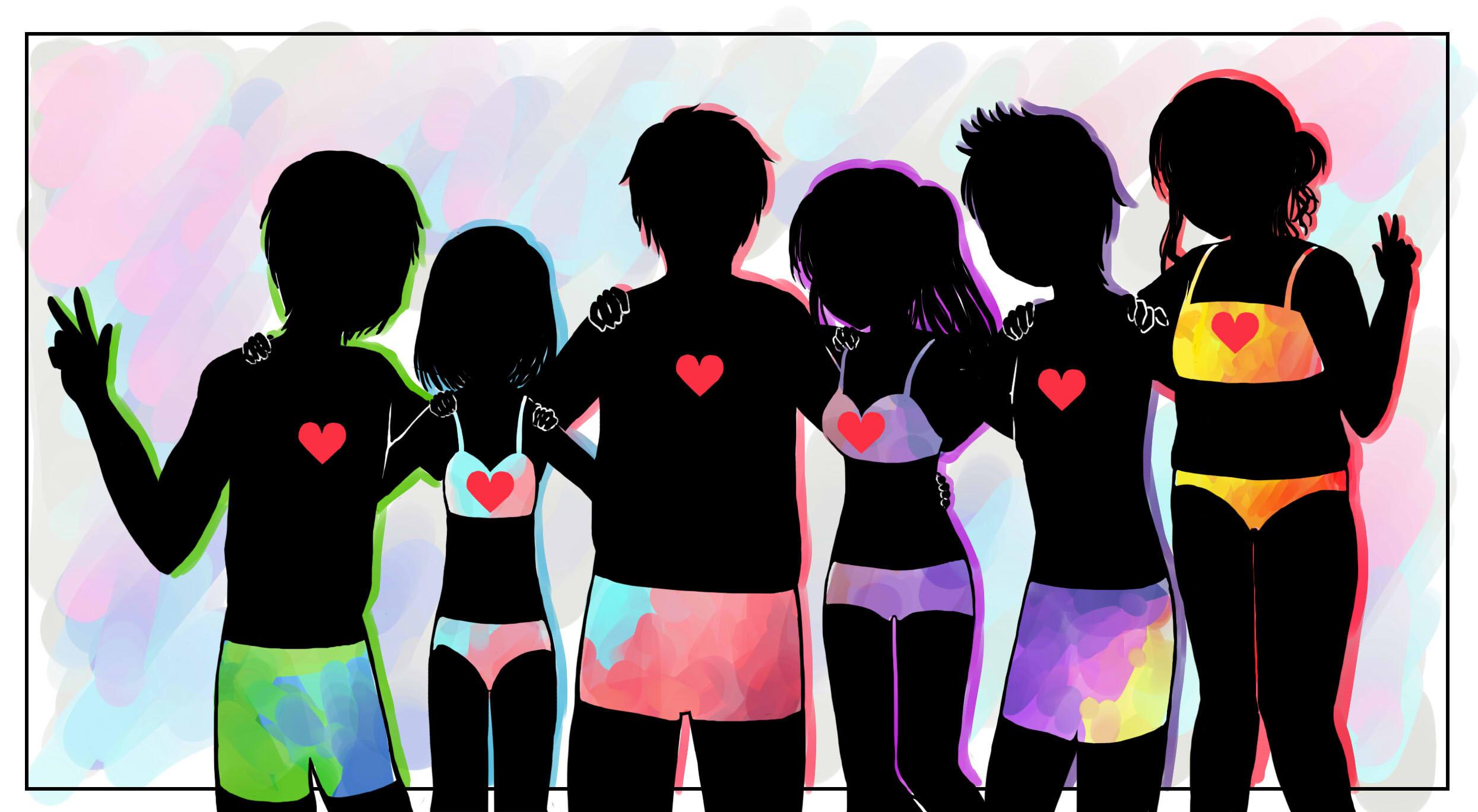
She said she was taught to hate herself. Gloria Lucas, a body positivity activist and founder of Nalgona Body Positivity Pride, gave a presentation on historical trauma and its connections to the present-day self as a person of color dealing with eating disorders.
Lucas began her presentation with group participation rules and an introduction into eating disorders and dieting obsession.
“Unfortunately we live in a such a diet driven culture that signs of eating disorders are applauded,” Lucas said. “If you scratch deep these are underlying issues that could lead to lifelong consequences.”
Lucas centered her discussion by sharing her own story of being a young brown woman with an eating disorder.
“By the time I was 10 I already had a binge eating disorder and by the time I was 17 I had bulimia,” Lucas said. “When I first started my eating disorder I didn’t do it as a means to lose weight. For me it was a way of punishing myself, to hurt myself. Within time before I knew it, it took over my life.”
After reading a book by Becky Thompson, Lucas started Nalgona Body Positivity Pride.
Her outreach program and personal company reaches out to young people of color. “The word ‘Nalgona’ is a Spanish that somewhat translates to ‘big booty’,” Lucas said.
“One of the very few books out there that talk about eating disorders and women of color. It’s called ‘A Hunger So Wide and So Deep; A Multiracial View of Eating Problems.’ In it she talks about slavery and how slavery still impacts the Black Community today,” said Lucas. “Reading it I started to think I’m not black, but what has 500 years of colonialism done to my body?”
“My high school was mostly white,” said Feminists Unite member, Cedrina Mcmillian. “Being the only black student in the advanced math class, which I swear I was the only one– I was scared to be good, it made me suffer.”
Gloria Lucas’s presentation resonated with the majority of student of color in attendance.
“I thought the lecture was very eye opening,” said Devyn Gipson, a Riverside City College sociology major. “I thought it was not only interesting, but informative as well. It broadened my idea of eating disorders and how these factors come from our past.”
“I wish more people would have shown up to the event,” Charleen Mejia, Feminists Unite’s club president said. “This is information that black and brown people need to know.”

